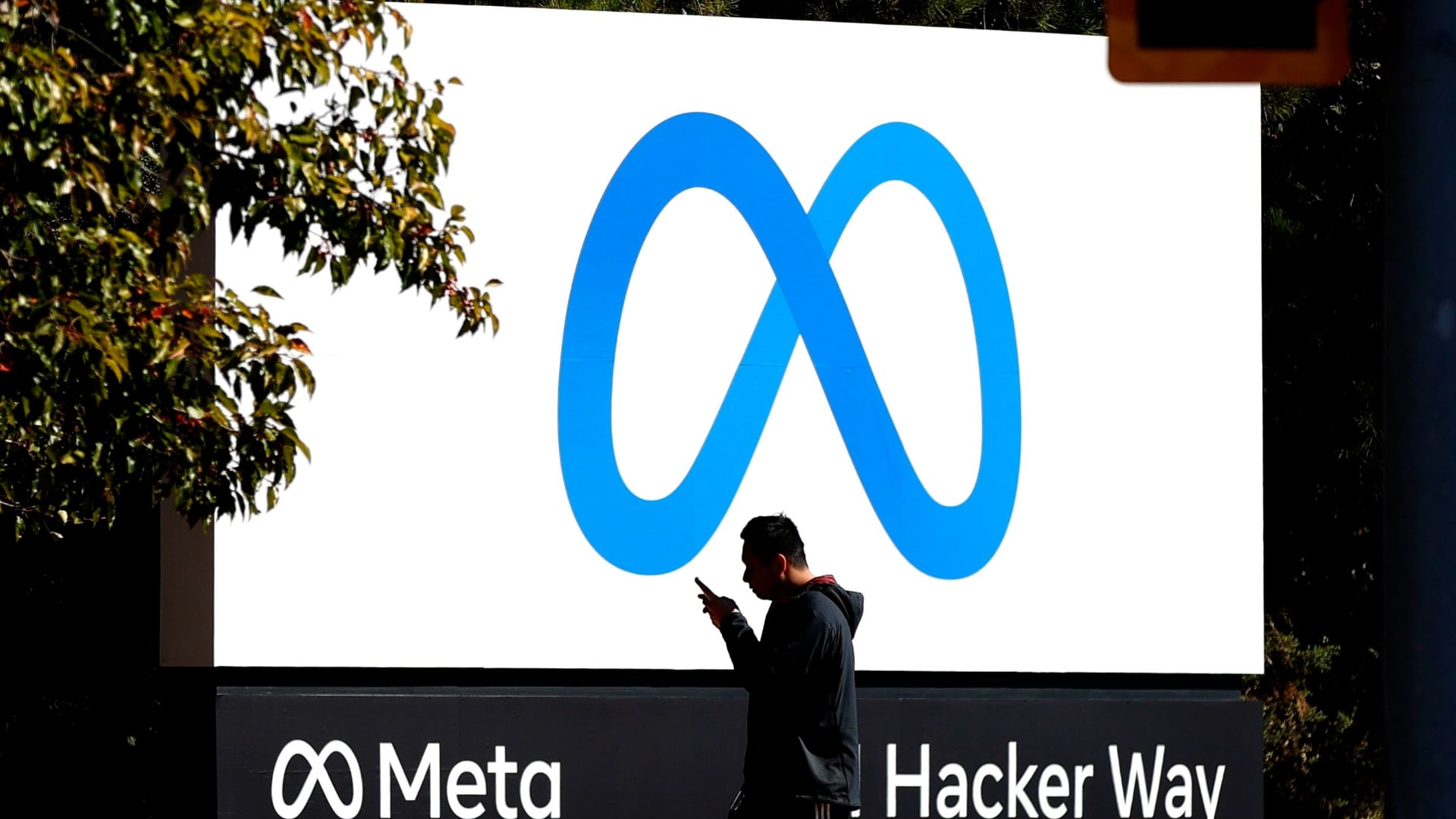Spotify on Monday morning became the latest tech company to announce a major round of layoffs. The Stockholm-based music streaming service is cutting 6 percent of its global workforce as part of a larger corporate restructuring aimed at improving efficiency.
In a blog post announcing the layoffs, CEO Daniel Ek said the company overestimated its ability to withstand the slowdown in advertising spending that came with an uncertain macroeconomic situation.
"In hindsight, I was too ambitious in investing ahead of our revenue growth," he wrote. "I take full accountability for the moves that got us here today."
Spotify benefited enormously in the early days of the pandemic, when shutdowns pushed users to spend even more time online, encouraging firms to make heavy investments.
Ek noted that operational expenditures were increasing at twice the rate of revenue growth, a situation "that would have been unsustainable long-term in any climate, but with a challenging macro environment, it would be even more difficult to close the gap."
With Spotify's "historic focus on growth," Ek added that many will see the announcement as a shift in culture, but stressed the need to evolve as the business grows.
Along with the layoffs, Spotify is reshuffling its organizational chart. Gustav Söderström is taking over as chief product officer, and Alex Norström will become the chief business officer, essentially helping Ek run the day-to-day operations of the company as co-presidents.
In addition, Chief Content Officer Dawn Ostroff is stepping down.
"While we have made great progress in improving speed in the last few years, we haven’t focused as much on improving efficiency," wrote Ek in a blog post. "We still spend far too much time syncing on slightly different strategies, which slows us down."












